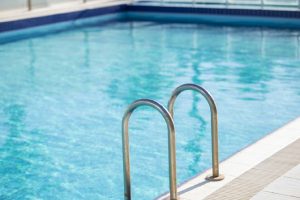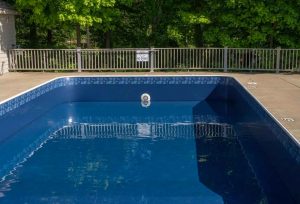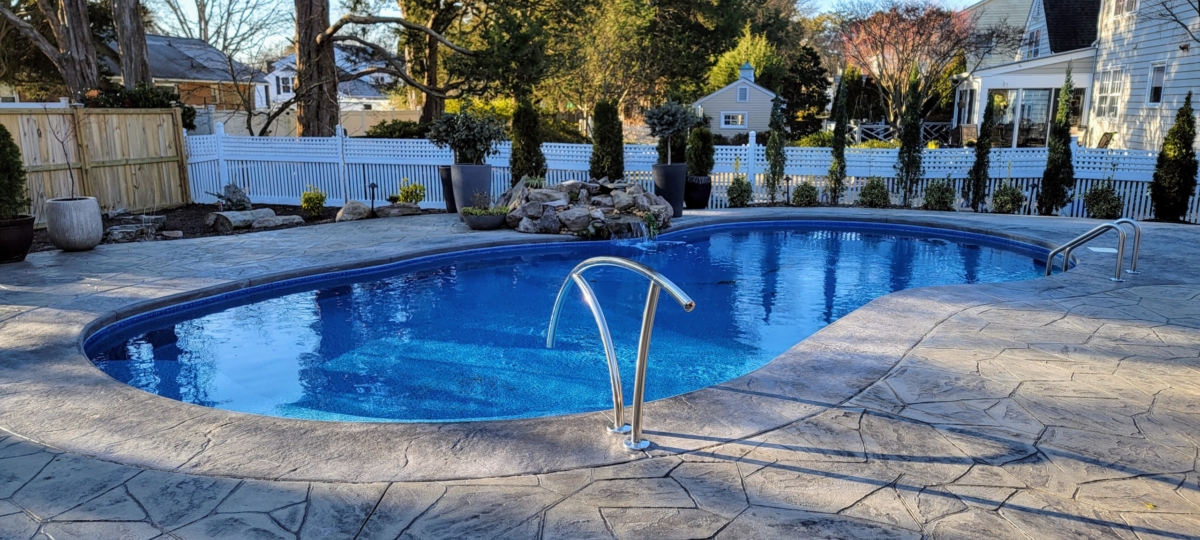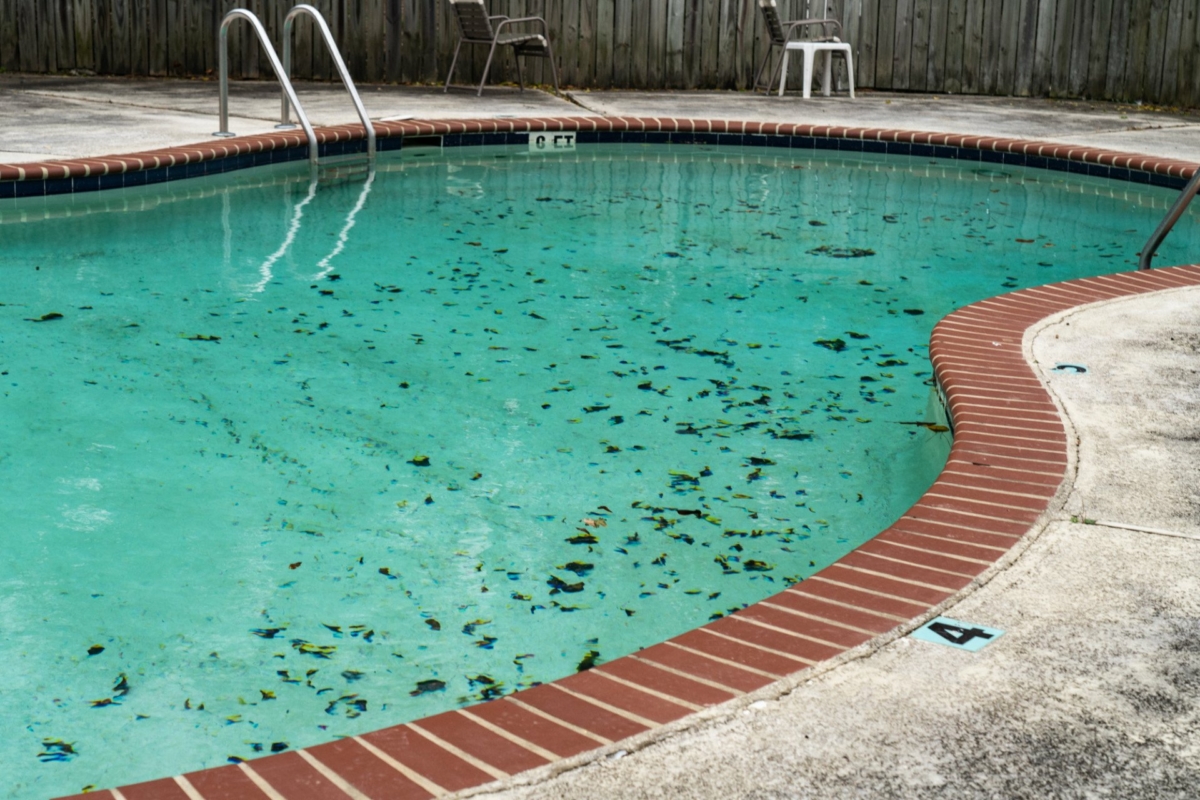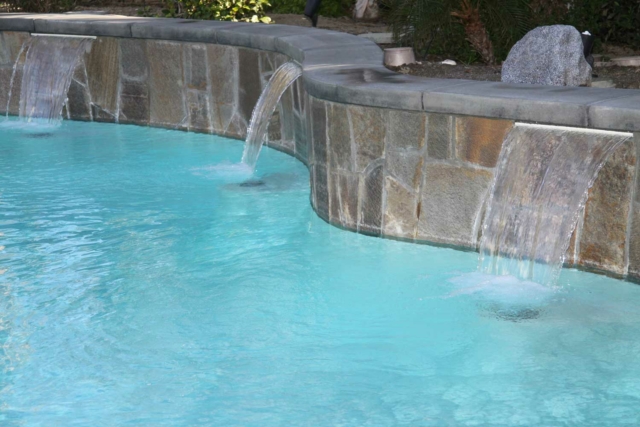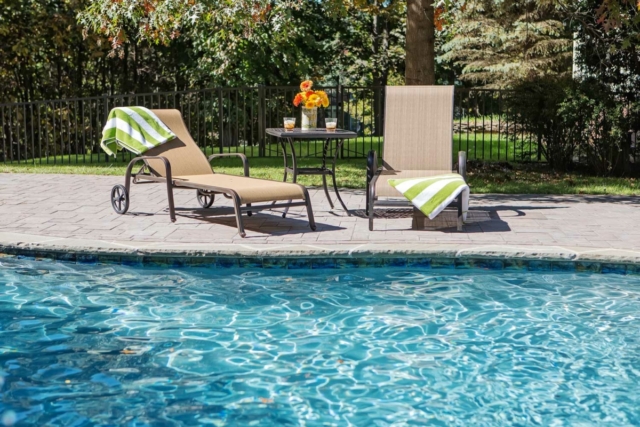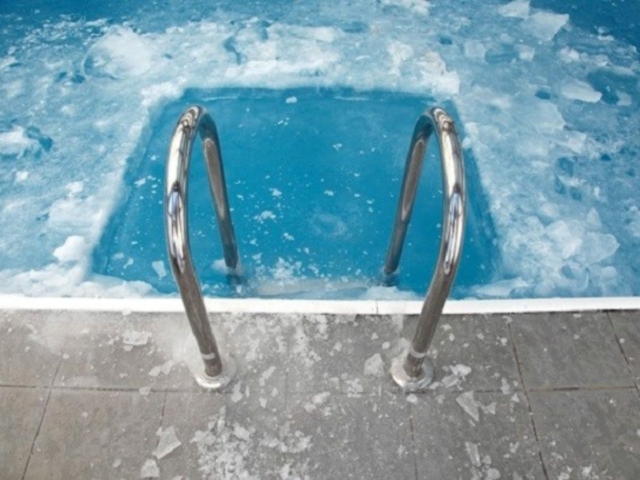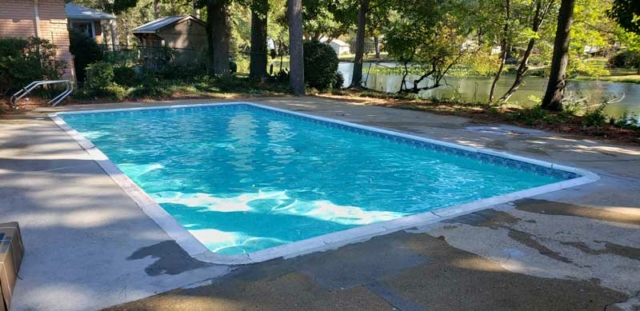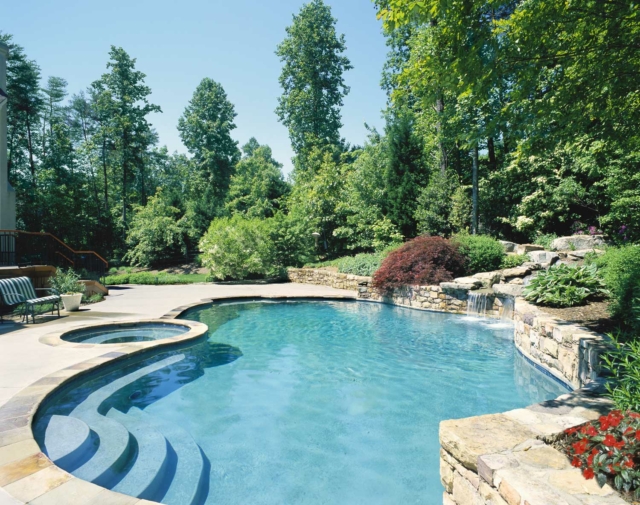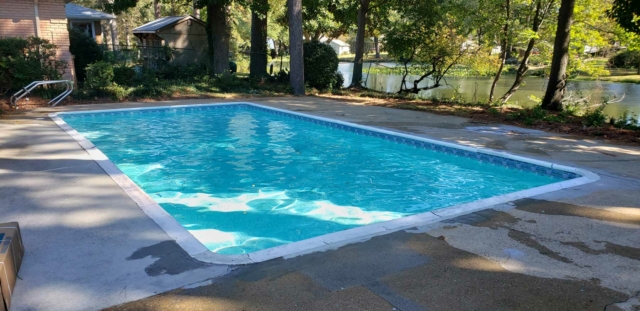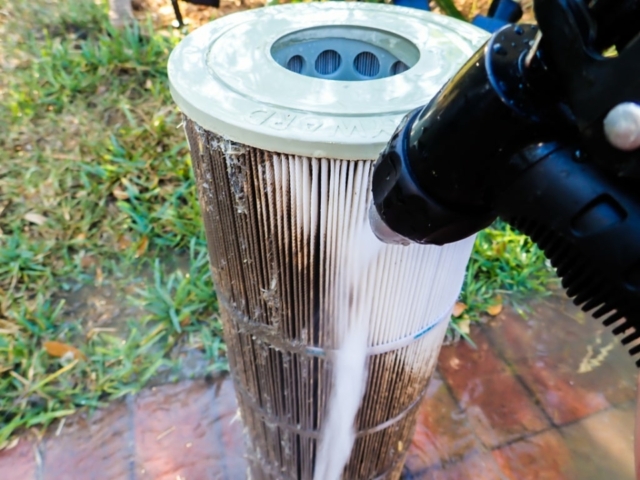The Ultimate Guide to Pool Plumbing Repair and Maintenance
Having a pool in your backyard is a great way to have some fun and relax, but keeping that water clear and clean is no easy task. It all comes down to a behind-the-scenes player: the pool plumbing system. Overlooking its maintenance can lead to troubles that are both annoying and potentially expensive. So, let’s dive into understanding the common issues and the importance of regular check-ups to keep your swims smooth and stress-free.
Understanding Pool Plumbing
Let’s talk about what’s going on behind the scenes in your pool. The plumbing system is like the pool’s circulation system, moving water around and making sure it gets cleaned and heated. Here are the key players:
- Pipes: These are the roadways that move your water from place to place.
- Pumps: Think of these as the engines, moving water through the pipes.
- Filters: Just like it sounds, they catch and hold onto dirt and debris.
- Heaters: They adjust the water to your preferred swimming temperature.
- Drains: Helping to manage the water levels and move water where it needs to go.
All these parts work together to keep your pool in top shape, making sure you can always take a clean and clear dip whenever you want.
Common Pool Plumbing Problems
Despite having a solid system in place, things can sometimes go wrong. You might encounter issues like leaks, clogged pipes, or a pump that’s not doing its job. A leak might not only waste water but could also damage the area around it. Blocked pipes mess with water circulation, meaning your pool might not be as clean as you’d like. And any issue with your pump could lead to bigger, more complex problems, making your swimming sessions less pleasant.
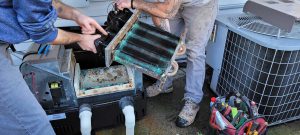
Preventative Pool Plumbing Maintenance
To keep things running smoothly, preventative pool maintenance is key. By keeping a regular check on parts like the filters and pumps and following some straightforward DIY tips, you can avoid a lot of common pool headaches. Here are some basic strategies:
- Clean and check your filter and salt cells on a regular schedule.
- Keep an eye on your water – is it clear? Are the levels steady?
- Watch your pool’s pressure gauge for any signs of trouble, like leaks or blockages.
- When winter rolls around, make sure your pool is prepared to handle the cold.
Remember: knowing when it’s time to call in a professional can save you time and money, and keep your pool in swim-ready condition longer.
Detailed Guide to Pool Plumbing Repairs
Dealing with pool plumbing repairs can be straightforward if you know what you’re doing. If there’s a leak or a crack, fixing it might be a simple short-term job, but you’ll want to figure out why it happened to prevent future issues.
When dealing with pump replacements or filter problems, make sure you follow safety guidelines and check the manufacturer’s instructions. If you’re dealing with blocked pipes, calling in an expert can make sure the problem gets fixed without causing any new ones.
Professional Plumbing Services with Fox Pools
When it comes to preserving the efficiency and longevity of your swimming pool, Fox Pools is your go-to expert in pool plumbing and repair. Our team not only brings expertise to the table but also a proven track record of successful projects.
From repairing pool motors and pumps to addressing complex plumbing concerns, our services are designed to cover all your needs. With a history of successful repair and maintenance projects, we have an unwavering commitment to ensure that every swimming pool under our care operates at its peak.
Choosing Fox Pools for Pool Plumbing Services
Choosing Fox Pools means opting for simplicity and reliability in your pool repair and maintenance journey. Our process is straightforward and client-friendly, starting with easy modes of communication through phone calls and emails.
Once you reach out, our team will guide you through a consultation and inspection process tailored to understand and address your specific needs. Your custom solutions and service packages are then curated, ensuring every aspect of your pool’s longevity is catered to with meticulous attention and expertise.
Conclusion
Maintaining your pool’s plumbing system doesn’t need to be a complex or stressful endeavor. To recap, understanding the fundamental components of pool plumbing, recognizing common issues, adhering to preventative maintenance practices, and navigating through basic repairs, forms the backbone of efficient pool management. But, when challenges surface that are out of your depth or when you simply want to ensure professional handling of your pool, Fox Pools is here to help.
Dive into a stress-free pool ownership experience by ensuring the plumbing is in expert hands. Reach out to Fox Pools, where your pool’s optimal performance is our priority. Let’s ensure every swim is as enjoyable as it should be, with crystal clear, clean water, and a perfectly functioning pool, season after season.

